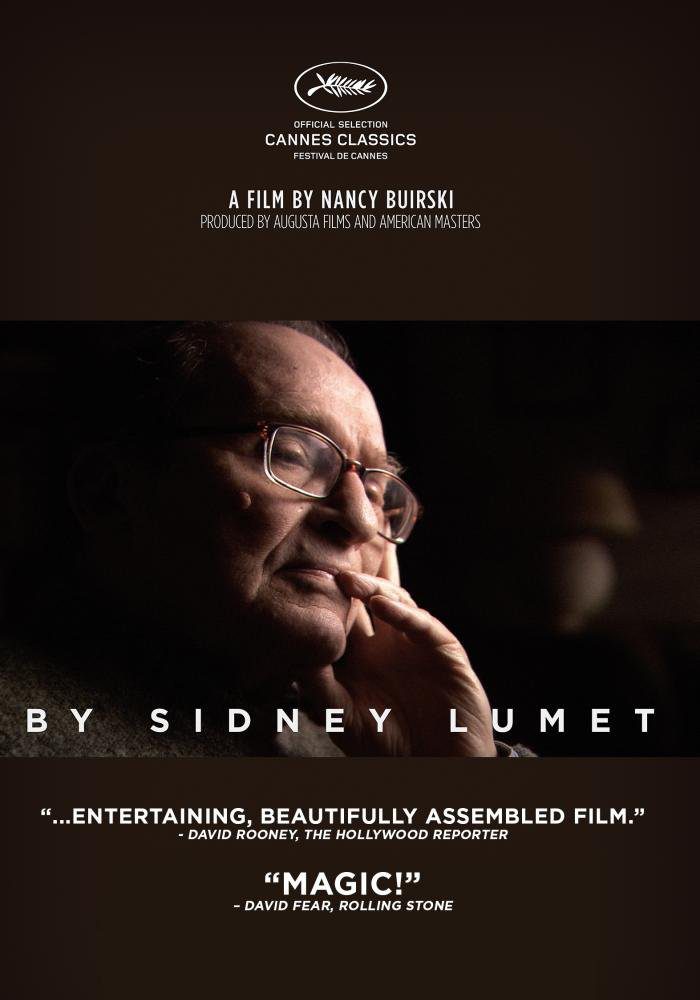
The great Sidney Lumet (1924-2011) was an American original, a genius storyteller, and a quintessential New York filmmaker whose versatile gifts created some of the greatest films ever made, including 12 Angry Men, Serpico, Dog Day Afternoon, and Network among others. However, as amazing as he was, he is still highly underrated in film circles today. Award-winning filmmaker Nancy Buirski’s enlightening documentary, By Sidney Lumet, gives viewers a chance to see the master himself in a new light, a light that should continue to shine over film history.
This portrait with Lumet himself, which was filmed three years before his death, weaves personal stories and commentary, along with clips from many of his most renowned films, reveal the spiritual and educated lessons he learned during his fifty years as one of the most important directors in the history of film. Starting from the beginning, he speaks poetically about his upbringing as a child actor working with his father in Depression-era, working-class New York on the Lower East Side. He talks about acting in Yiddish theater and on Broadway before transitioning into directing live TV productions of important stage works that he later turned into feature films, such as The Sea Gull, The Fugitive Kind, and Long Day’s Journey Into Night.
He also reveal details about marching for workers’ rights in the 1930s, defending himself against the McCarthy interrogations, and seeking ways to help his friends who were affected by the blacklist. This shows that he had a gentle soul, and that soul he put into his films about characters who challenged the system and its authority. He was also a great director of actors, many of whom would go to being nominated and win Oscars, including Al Pacino, Katharine Hepburn, Faye Dunaway, and Peter Finch, among others.
Being immersed into this documentary, I found myself more drawn to his honesty that suffices every film he ever made. There is a sense of morality in his films about the way we live our lives, how we lie to ourselves and each other, and what we do to rebel against the powers that are bigger than we are. Besides Woody Allen and Martin Scorsese, Lumet can be placed of that list of great directors of New York. In most of films, New York became a central character in the lives of people, giving off the sheer realism of the issues that they often faced, in order to redeem themselves or the ones closest to them.
There isn’t really a particular moment that stands out for me, considering that the entire documentary is so good and Lumet himself is a dynamic man with an amazing talent for storytelling. Although he was nominated for several Oscars and other major awards, he received an honorary Oscar in 2005 for his legendary contributions to cinema. But to me, he is a master of the underdog pastiche, where characters are big on logic, and even bigger on humanity. This is something many other filmmakers have yet to accomplish, especially now in a time of more spectacle and less substance.
Following the documentary, there is a new and exclusive interview with award-winning actor Treat Williams, who starred in Lumet’s 1981 classic, Prince of the City. This is a great interview because you get to see how Lumet impacted everyone he worked with. It’s a treat!